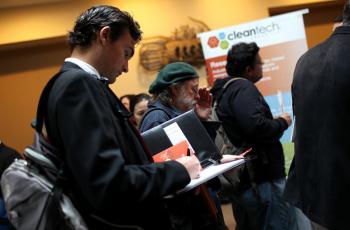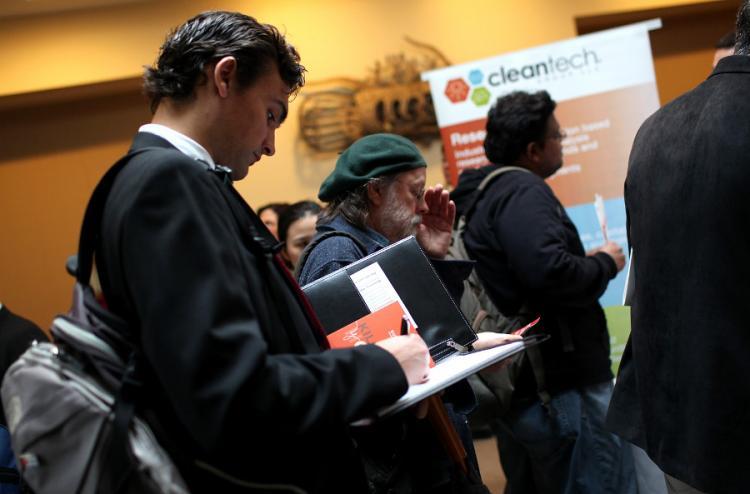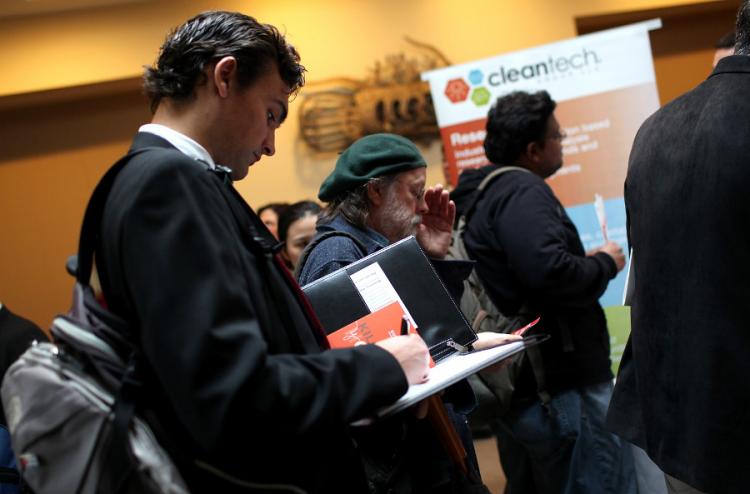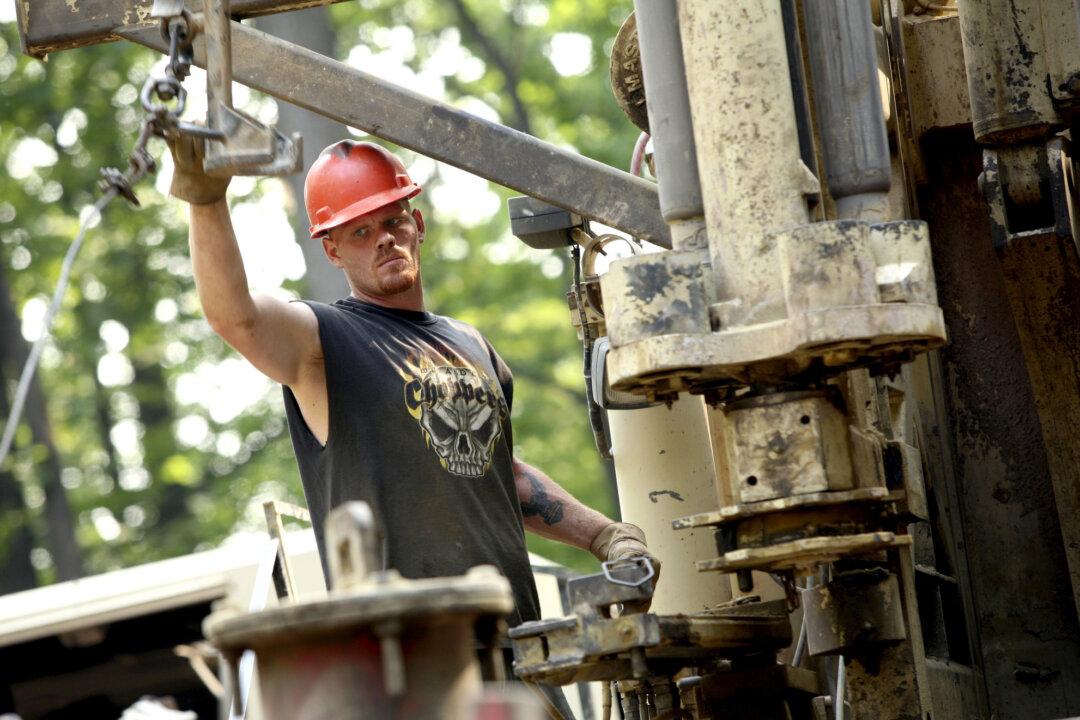NEW YORK—Federal regulators are examining allegations that employers are biased against candidates that are currently unemployed, potentially a violation of federal anti-discrimination laws.
A typical scenario might involve a professional who was laid off due to cost cutting at the height of the financial crisis. Today, they find a job posting from a reputable company, for a position for which they are sufficiently qualified. They mail an application, only to find later that they will not be considered for the position possibly due to their status of currently being unemployed.
The above example is exactly what thousands of currently out-of-work jobseekers are facing, according to the U.S. Equal Employment Opportunity Commission (EEOC), which is investigating such claims.
Helen Norton, associate professor at the University of Colorado School of Law, told the agency that many companies implicitly only grant interviews to candidates who are currently employed—a tendency that spans multiple industries and sectors.
“Some employers may use current employment as a signal of quality job performance,” Norton testified to the EEOC. “But such a correlation is decidedly weak. A blanket reliance on current employment serves as a poor proxy for successful job performance.”
“The use of an individual’s current or recent unemployment status as a hiring selection device is a troubling development in the labor market,” said Fatima Goss Graves, vice president for Education and Employment of the National Women’s Law Center in a testimony transcript released by the EEOC.
Such testimonies are consistent with recent media reports of unemployed jobseekers who have been turned away due to their joblessness—a perception that they are unqualified or have poor job performance.
Christine Owens, executive director of the National Employment Law project, recounted the story of a 53-year old IT professional from Illinois who had been unemployed for some time being told that her unemployment status was preventing her from landing a position for which she qualified.
“Many months into her job search, a headhunter contacted her, excited about her qualifications for a position he was retained to fill. The excitement faded, however, when he learned she had been unemployed for more than a year,” Owens said.
“As she put it, ‘When he realized this, he was very apologetic, but had to admit to me that he would not be able to present me for an interview due to the ‘over 6 month unemployed’ policy that his client adhered to.’”
Destructive Practice
If proven, such practices may be especially destructive to minorities in the United States. According to the Bureau of Labor Statistics, African-Americans have around 15 percent unemployment, while the unemployment rate among Hispanics is almost 12 percent, several percentage points higher than the nationwide unemployment rate of 9 percent.
However, James Urban, a partner with law firm Jones Day, which advises major corporations on human resources decisions, does not believe that the practice is as severe as feared.
According to Urban, employers must identify the best available candidate, regardless of current employment status. “The common practice is to try to identify and hire the best candidate. In some circumstances, the best candidate may be currently employed. In others, the best candidate may be between jobs,” Urban said in his written testimony.
Initial jobless claims filed last week crept up to above 400,000, to 410,000 filings, according to a government report this week.
The figure is 25,000 more than the previous week, although last week’s data is near the lowest since the recession.
The new jobless claims data tracks the rate of layoffs among employers and has little indication on job growth. Economists say that job growth is needed for sustained recovery of the U.S. economy, of which almost 70 percent depends on consumer spending.






